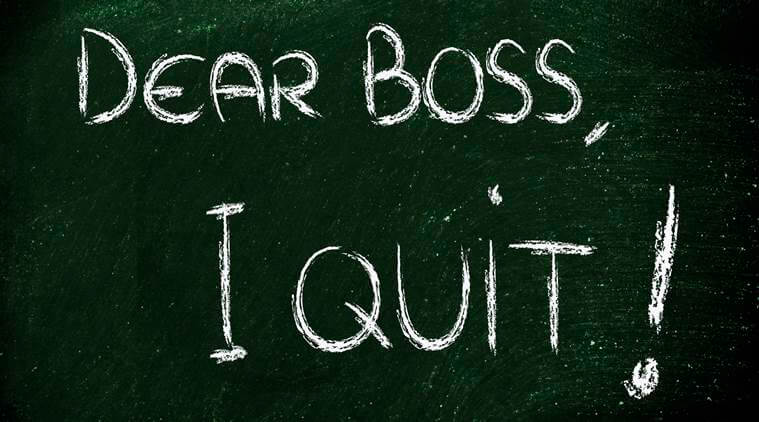Updated on 2024/03/21- Are you ready to bail out? It could be due to stress, clashing personalities or a lack of appreciation in the workplace. Many people feel like giving up after a particularly stressful day. However, there’s a difference between a bad day and a bad job. Here are the signs to identify which one you’re experiencing, and which way to go.
Examining Your Job Satisfaction
Thinking about your job is probably something you do daily, especially if it’s less than satisfactory. We register feelings of unhappiness and carry on to another day without considering the emotions that arise.
There is no hard-and-fast method of figuring out if your job is worth keeping. Every job is different, and the core principles that can guide you in evaluating your job are personal. No universal formula exists because everyone holds different values.
You must first figure out what you want out of your job and if the job has the potential to deliver this to you.
First, consider how you feel after a day at the office (or in the field, in the car or wherever your workplace happens to be).
Are you stressed out, anxious or nervous about your job duties? While everyone experiences some degree of stress on the job, it’s important to know when it’s starting to affect you adversely.
Trouble sleeping, loss of appetite and general feelings of negativity seeping into other aspects of your life are all signs that the stress of your job is much more than a healthy workplace challenge.
You may be upset at the interactions you have in the workplace even if you like your job, which can leave you with feelings of helplessness and anger.
Someone could be taking credit for your work, leaving you with little to no appreciation and a grudge. You may have one of those infamous evil bosses who like to yell.
It could be that you’ve been long overdue for a raise or don’t feel as if you’re making the proper salary for your position.
You may find that you can eliminate the negativity that comes from mismanagement, bad coworkers or a blame-loving boss without having to leave a position you enjoy. However, some cases may be a wake-up call for you to quit.
Your Dreams Versus Your Reality
Everyone has dreams. One of the biggest mistakes you can make is to push them aside for the sake of one more paycheck. The “I’ll quit next month” mentality can often lead to dissatisfaction and unhappiness down the road.
Consider why you got this job in the first place. Was it only a stepping stone on the road to something better, or were you convinced you’d be happy at this company for the rest of your life?
If you only took the job for the paycheck (as many of us do), the lack of potential for growth can be restrictive.
The reducing Scales of Security and Happiness
When is it necessary to leave a secure position? The short answer is when you aren’t happy there anymore.
Personal development, in this case, is linked intricately with career advancement, and that doesn’t necessarily mean more money.
Just ask any struggling artist, freelancer or new business owner. These people will likely divulge that they make even less money than at their old positions, or at least they did when first starting out. So, why did they leave their old jobs, and why should you?
At a point, the scales of security and happiness will tip out of your favour. You’ll find that staying at a job you hate is no longer worth the security you feel there. The better option, the one you’ll daydream about as you sit at your desk, will be the search for happiness somewhere else.
Of course, this doesn’t mean you have to start your own business. It could just mean you need to look for a different position at a company that suits you better. You might just need a change of culture, or you might need to move into a different field altogether.







